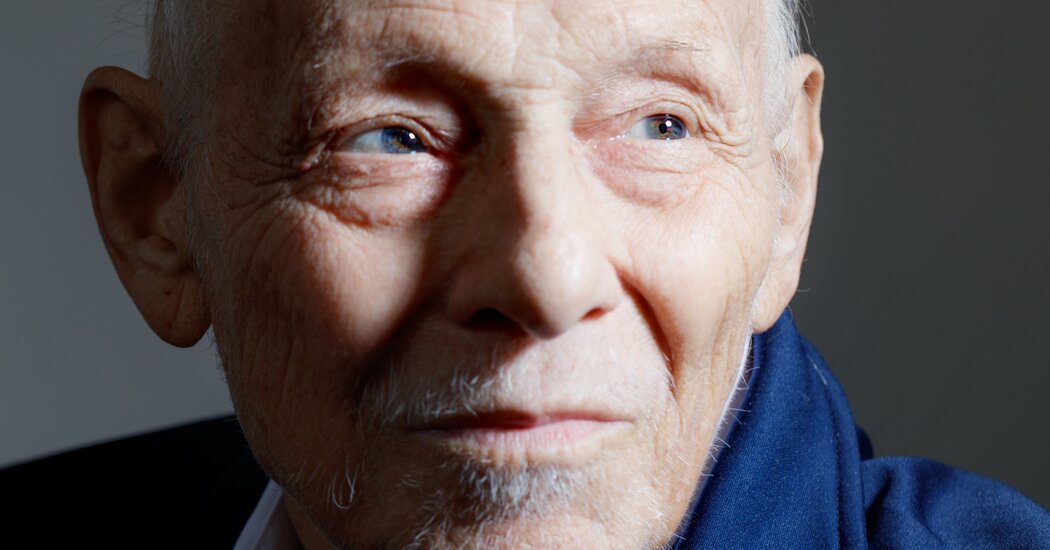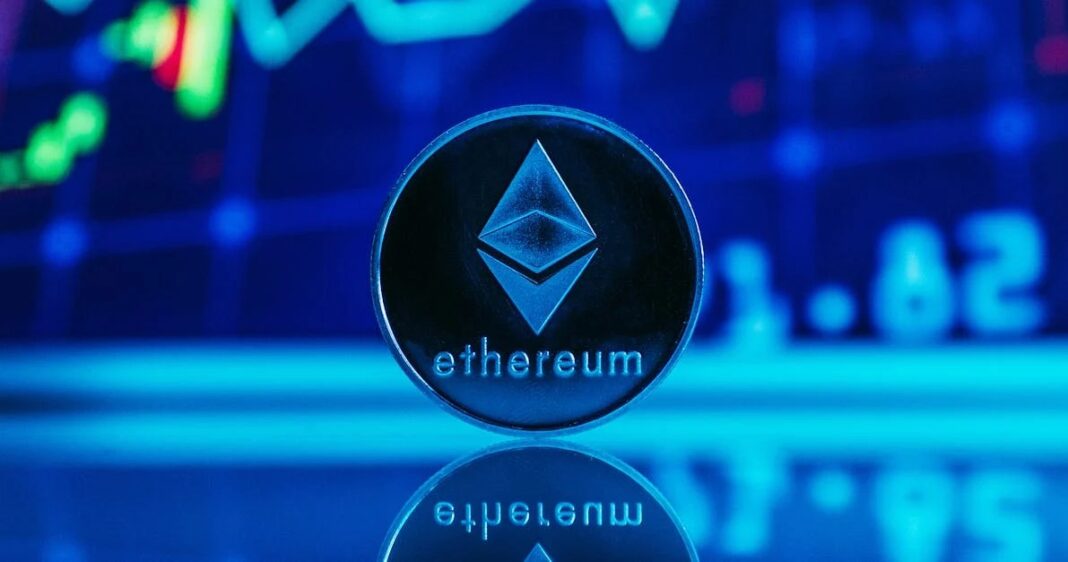Air-raid sirens would ring out. There was an underground bomb shelter that allowed Jews, but only in a section that was covered, absurdly, by a glass roof. Each night, Mr. Lindenblatt would watch a panorama of planes flying overhead and the bombs they were dropping. He could still see it now, as he talked about it; he was there again, and it was easy to see what he looked like as a child, his eyes lit up as he watched the light show.
In November, Mr. Lindenblatt’s mother got word to his father in the labor camp that the family was in trouble at home, and so he bribed some guards and sneaked out one night. Mr. Lindenblatt’s father arrived at the apartment to find his wife arguing with the Hungarian gentile in charge of the building, who was trying to evict them. Mr. Lindenblatt’s father offered his entire money belt to the man — Mr. Lindenblatt doesn’t know how much money was in there — and said to take it, that he would never ask for it back, to help save his family. But the man put the belt into the kitchen stove and burned it, saying his money was useless and that he would do nothing to help the Lindenblatts. They couldn’t stay, but there was also nowhere to go. Mr. Lindenblatt’s father was due back in the camp, so Mr. Lindenblatt and his mother and brothers were left to figure it out. They headed out into the cold dark night, destined for God knows where.
I was born in 1975, into a world where the people affected by the Holocaust seemed very old to me and the war seemed a very long time ago. But now I’m almost 50, and I realize that I am just about as old as my grandparents were when I was born and that the period between my birth and the Holocaust is roughly the same as between now and the Challenger explosion. I am not an old lady, and the Challenger tragedy still seems awfully recent to me. What it must have been like to try to explain all these things to children who simply had lucked out by being born when they were born. How I should have understood that I was hearing recent history; how I should have understood that a lifetime ago is not actually a very long period of time.
Those who survived left Europe, for the most part. They fled to Israel, to South Africa, to Australia, to America. They became congressmen and industrial designers. They composed operas and pioneered electronic music. They won the Nobel Prizes for Peace and for Literature and Economics; they won the Presidential Medal of Freedom. They were best-selling authors and celebrated pianists. They helped legalize abortion. They won Oscars. They were therapists and doctors, teachers and factory workers. My maternal grandparents — let me just remember my own family here for a minute — were named Joseph and Raya Turko. I was given my Hebrew middle name, Leah, after Joseph’s sister, who was killed in the Lodz ghetto; my mother is named after his mother, Rochel, who shared her daughter’s fate. My grandmother Raya was on the last train out of Kyiv before the Babi Yar massacre, the largest killing spree the Nazis carried out, murdering 33,771 people over two days. My grandfather fled Lodz to Bukhara, where he met my grandmother’s mother, who hired him to sell ice cream, of all things, on the black market. When the Communists caught him, they sent him to a work camp in Siberia. He got out, married his employer’s daughter, had my mother and my aunt, and emigrated to Israel in 1950 and then to America in 1962. Here, my grandfather was a housepainter. My grandmother was an architect, which was what she had studied in Kyiv before the war. Their children had children, and they were devoted, excellent grandparents. They bought a dinette store called Sam the Chrome King, at the corner of Atlantic Avenue and Eastern Parkway. It’s something else now, but the Sam the Chrome King sign was still under the new sign, last I checked.
But that’s all I know. In my family, we never spoke about the war. The war was an assassin that stood over us, threatening to shoot if we looked it in the eye. But it was there. It was there when my grandmother wouldn’t leave any food on the table and combined all the remaining liquids into one glass and drank them. It was there when my grandfather told me he didn’t believe in God, because what kind of God would allow a war like that to happen? In those moments, I glimpsed into the window of their suffering and saw a universe of pain with no floor or ceiling. Some survivors, like Mr. Lindenblatt, made it their mission to make sure the world knew what happened to them. My family lived at the opposite end of the spectrum, which is no moral failing of theirs, but it probably is why I spent so long not even knowing to identify myself as from a survivor family. (This is apparently a common point of view, though it is a bad one, according to people who know better. My family being murdered during and as a result of the Holocaust makes the people in my family who made it out survivors; often, while I was writing this article, I would hear about people who don’t identify as survivors because they hid in barns or forests for weeks. “You ate from a pig’s trough?” someone said to me while I was writing this story. “You’re a survivor.”)


